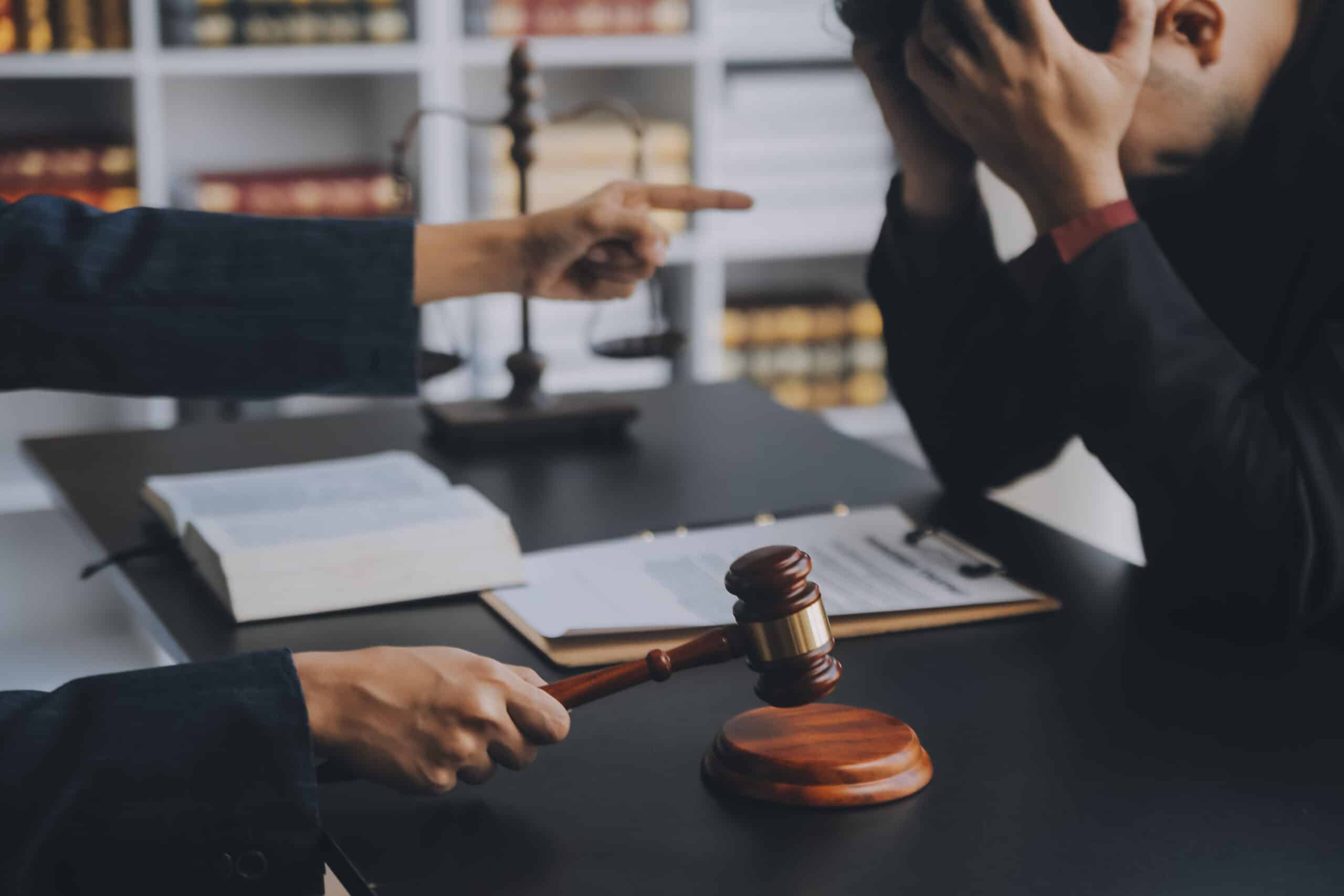You may have heard of the Fair Labor Standards Act (FLSA) which aims to protect workers by establishing minimum wage, overtime pay, recordkeeping practices, and child labor standards. It ensures fair compensation and promotes equitable treatment for employees across various industries.
This article examines whether an employee alleging an FLSA violation can personally sue a business owner, corporate officer, direct supervisor, or even an HR professional.
If you are a business owner facing potential FLSA violations, consulting a business law attorney with expertise in employment law can help you understand your responsibilities and minimize potential legal risks.
1. Personal Liability Under the FLSA
The FLSA defines an “employer” as “any person acting directly or indirectly in the interest of an employer in relation to an employee.” Courts have interpreted this definition to encompass individuals who exercise substantial operational control over corporate affairs, even if they were not directly responsible for the FLSA violations. In making a determination, courts will consider whether the individual (1) has the power to hire and fire employees, (2) supervises and controls employee work schedules or conditions of employment, (3) determines the rate and method of compensation, and (4) maintains employment records.
Accordingly, business owners, corporate officers, direct supervisors, even HR professionals can all be considered employers under the FLSA, depending on the specific circumstances and the operational control they possess.
2. Consequences of FLSA Violations
Section 16 of the FLSA allows employees to recover unpaid wages, overtime, and liquidated damages, while also requiring employers to cover attorney’s fees for successful claims. These penalties highlight the critical importance of maintaining accurate records to prevent potential lawsuits.
3. How to Minimize Liability
Properly classifying a worker as either an employee or an independent contractor is essential to avoiding potential wage and hour violations under the FLSA, as its protections apply exclusively to employees. From there, implementing a reliable payroll system to accurately track all working hours is equally important. Additionally, a business lawyer can assist in crafting job descriptions that help minimize your risk of personal liability.
4. Addressing Violations and Legal Action
If you have been sued for an FLSA violation but do not believe you qualify as an employer, an attorney can help you contest the claim and seek dismissal.
If, after reading this article, you believe you meet the criteria of an employer and have been personally sued under for a FLSA violation, there are several available avenues to contest the claim.
First, if you believe the employee did not work the hours they are claiming, compile time records to demonstrate the actual hours they worked. Second, if the employee was compensated for the hours they allege were unpaid, provide bank records or payroll documentation as proof. Finally, if your defense is based on the worker being exempt (e.g., an independent contractor), you must present clear and sufficient evidence to substantiate this classification.
5. Summary
- When employees are misclassified, it can significantly increase the likelihood of FLSA violations.
- If these violations are tied to decisions made by individuals with operational control, those individuals could face personal liability.
- Regardless of whether you are held personally liable, an employee can file a lawsuit against the business itself for FLSA violations.
6. Conclusion
Navigating a FLSA lawsuit can be a complex and overwhelming experience, but having the right attorney by your side can provide clarity and peace of mind. If you are dealing with wage disputes or have questions about your potential liability under the FLSA, contact one of our knowledgeable business attorneys at EPGD Business Law. Call us at (786) 837-6787 or email us to schedule a consultation.








